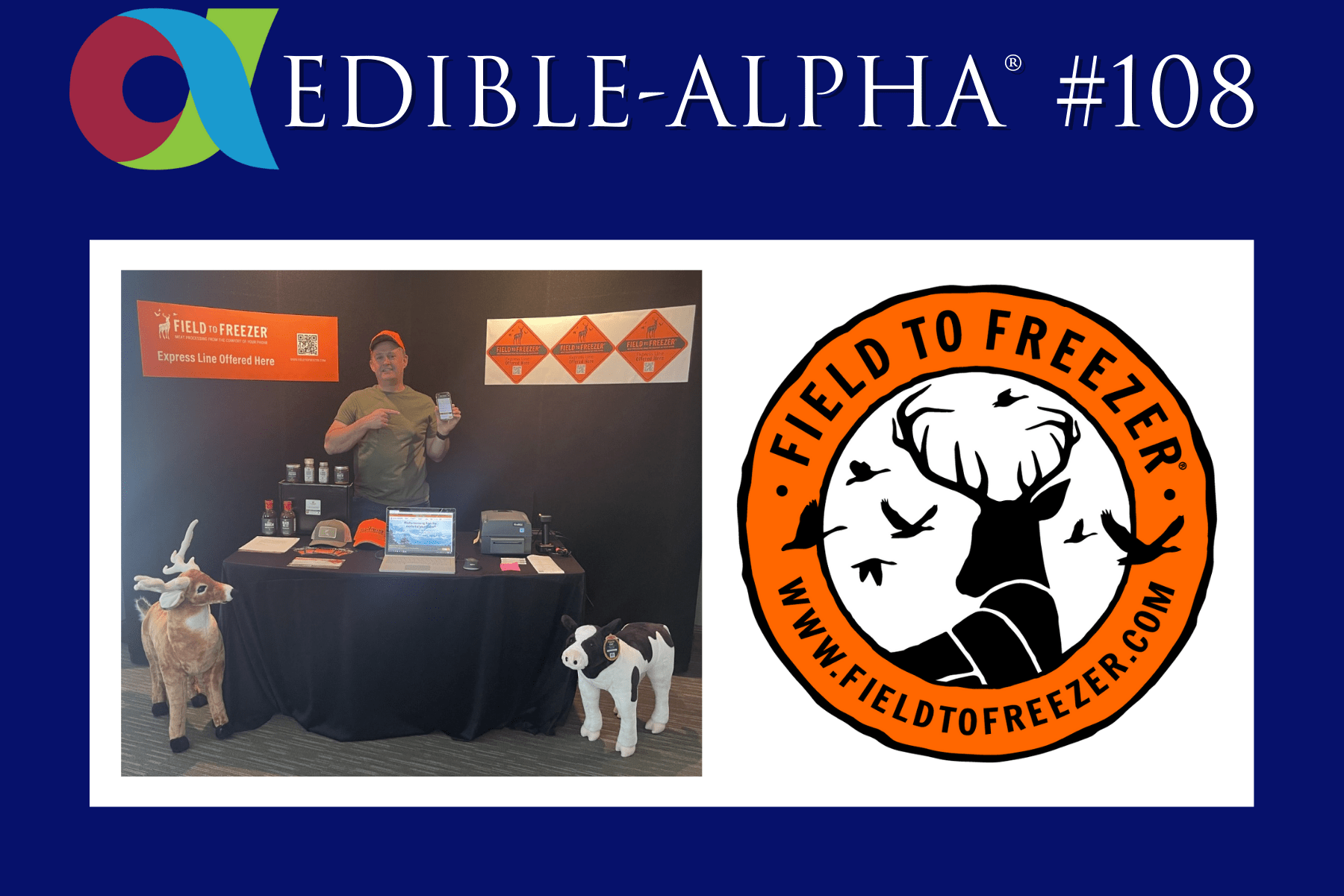Subscribe: Apple Podcasts | Spotify | Amazon Music | iHeartRadio | RSS | More
[vc_row][vc_column][vc_column_text]In Edible-Alpha® episode #22, Tera talks with Jonny Hunter, one of the founders of the Underground Food Collective about the Collective’s growing as a series of horizontally integrated businesses as well as about thinking bigger in the food system. Underground Food Collective began in 2005 and began focused on events and catering in part because catering and events have low overhead to start and have immediate cash flow (people pay in advance). They have a a similar business model to Zingerman’s, with infrastructure like a centralized production facility behind them to support their interrelated retail and manufacturing/processing businesses in an efficient manner across multiple product lines (meat, baking, pasta, fermented products) and multiple retail outlets. Some of those interrelated businesses are partnerships that have varying levels of integration of ownership and administrative support.
They often source meat and produce directly from farmers, which provides a defensibly unique selling point for their brand. While many of their interrelated businesses are local in their consumer base, Underground Meats is a scalable business with a national distribution model, with their James Beard Award nominated restaurant giving authenticity to the high quality of their products and brand nationally. Jonny points to always building infrastructure that has multiple uses and hiring creative, smart and self-motivated people who buy into the vision of Underground as essential to his businesses’ success. While kitchens are typically hierarchical, Jonny prefers a more anarchical approach and supports people learning all aspects of the Underground business so that they can take that to other endeavors in the future, if they chose.
Jonny and Tera talk in many ways about how the local food system, while reacting to real problems in the larger food system, can be inefficient. He wishes that values around local and sustainable food could be used to create systems that have scalable efficiencies that are affordable to consumers. This includes learning from the product development processes of larger food companies and working together to build and sustain the infrastructure that would support processing and other means to scale up the local food system.
Jonny reflects that business development (financial projections, writing proposals, negotiations) is not easy work to do and he wishes he had another staff member who could exclusively focus on that. He and Tera talked about how a great public policy response to support small businesses would be to support entrepreneurs through technical assistance like the financial technical assistance that the Food Finance Institute provides. He is interested in applying entrepreneurial thinking and problem solving to address social issues. For example, he has been working with Tori Miller, another local chef to help provide restaurant employment opportunities to underemployed individuals in Madison, both to help those individuals get well-paying kitchen jobs while addressing a critical food worker labor shortage.[/vc_column_text][/vc_column][/vc_row]

